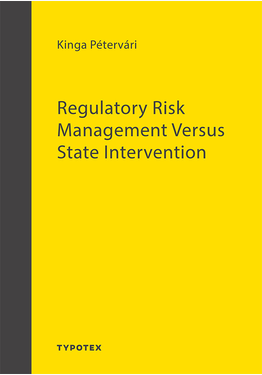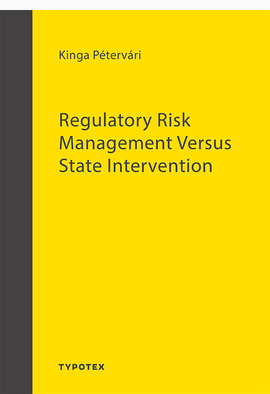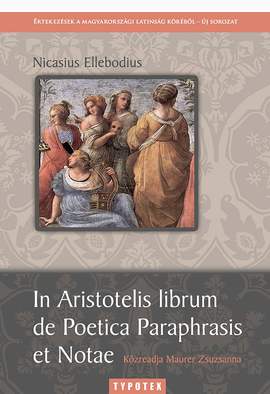Regulatory Risk Management Versus State Intervention
Risk is everywhere. But what kind of risks should be managed by regulations, what kind of infrastructure should be upheld by public monies? The history of risk management may be matched to the history of law. Risk management on the other hand may trigger further risks somewhere else where risk was either endurable, or where there was no problem before, i.e. building safer homes exhausts natural resources available only limitedly. Modern risk management presumes state intervention, promises made by the state. But is the state liable for its promises? Should it be? These promises may be regarded as the bargaining of the political process no matter what these promises are about: housing for everyone, universal health care, free education or the first generation basic rights – freedom of religion, free speech, free assembly and voting. But is there a ranking in these promises? If yes, on what grounds are these rankings justifiable: economic, moral or legal or even ideological? This book tackles with this sort of risk trade-offs.
Pétervári Kinga: Regulatory Risk Management Versus State Intervention című e-könyve elérhető az Interkönyv oldalán a következő formátumokban: pdf.











